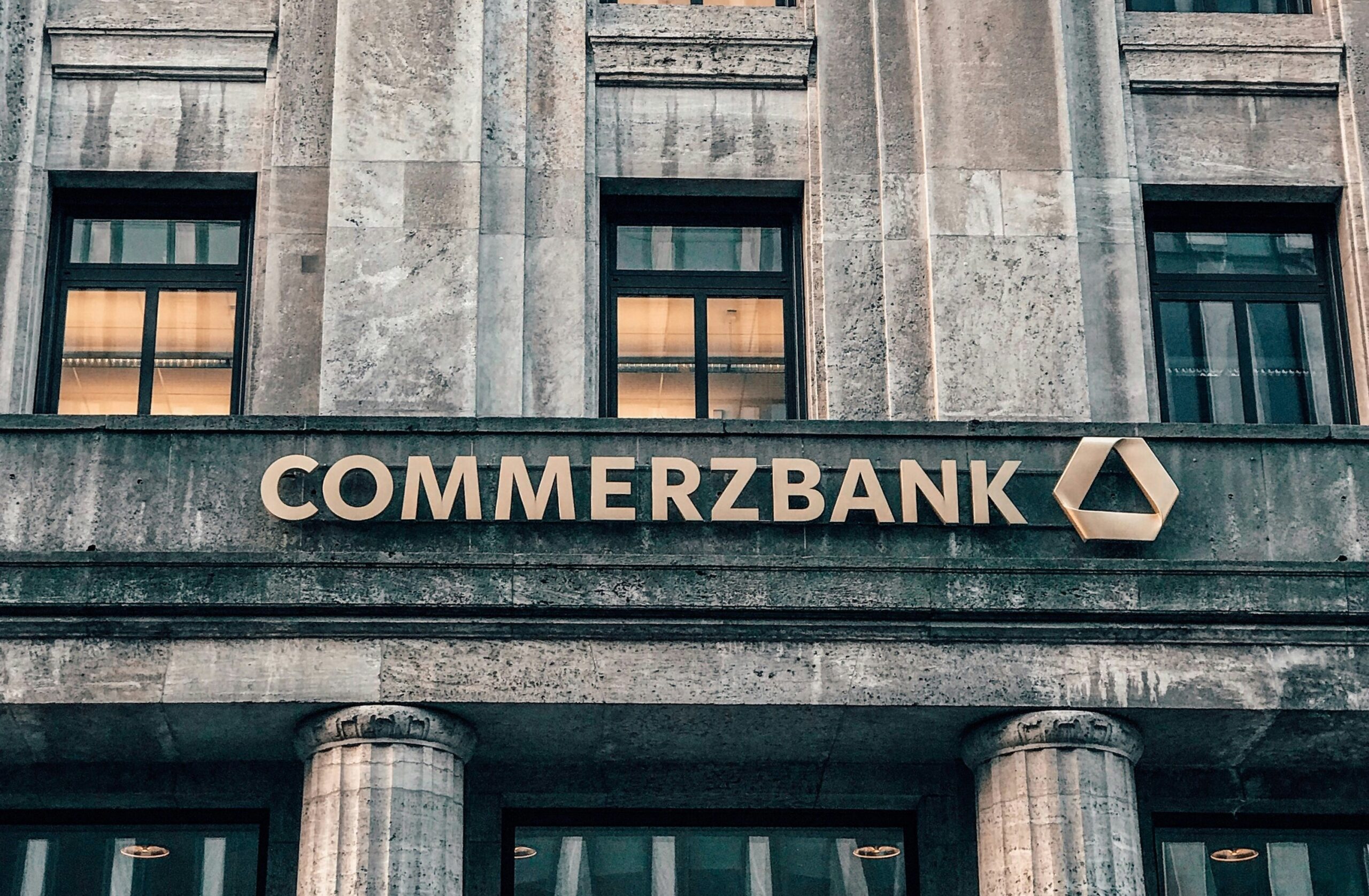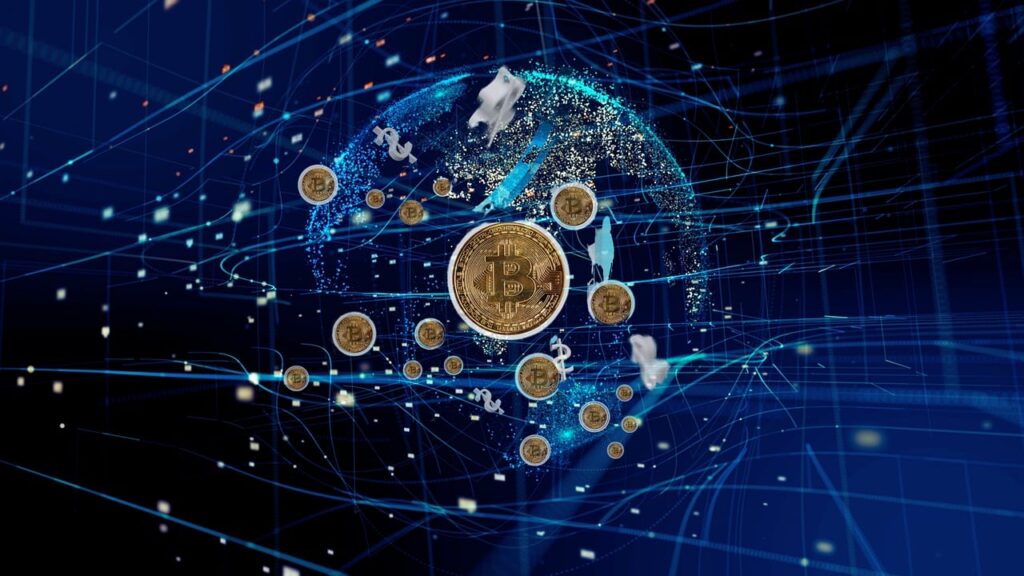
Finance
The specialist division in charge of overseeing the organization’s finances is referred to as the finance industry within an IT corporation. In this situation, finance is essential to maintaining the financial stability and health of the business. In TMIT finance department is responsible for managing risk, budgeting, financial planning, and regulatory compliance, among other things. It also manages the distribution of funds among various projects and divisions, maximizing capital use for optimal effectiveness. In TMIT, finance specialists frequently collaborate closely with technology teams to match financial plans to the overarching business goals of the organization. They might also be involved in cost-benefit studies, the implementation of financial systems to expedite procedures, and the assessment of the financial viability of new technological investments. The finance sector of TMIT is adjusting to the ongoing advancement of technology by using cutting-edge solutions like automation tools, data analytics, and financial software to improve financial decision-making and propel overall organizational achievement.

1. Cryptocurrency
Cryptocurrency is a transformative digital asset in TMIT’s finance department that uses cryptographic methods to safeguard financial transactions and manage the creation of new units. In the TMIT context, coins powered by blockchain technology operate as a decentralized kind of currency. This innovative financial instrument enables safe, transparent, and efficient peer-to-peer transactions, doing away with the need for traditional middlemen like banks. The financial branch of TMIT employs cryptocurrencies for a variety of purposes, such as asset investing, cross-border transactions, and smart contracts. Cryptocurrency integration may improve an organization’s ability to implement cutting-edge technological advancements, streamline transaction procedures, and even provide new avenues for financial innovation in TMIT.

2. Fintech Innovations
The conventional banking system, in which government-issued money, or “fiat” currencies, serves as the primary medium of exchange, is referred to as “fiat banking” in the TMIT finance sector. Here, TMIT’s financial division is in charge of managing and facilitating transactions using national currencies such as dollars, euros, or yen. In this context, fiat banking refers to the administration of customary banking operations, such as deposits, loans, and other financial services that are governed by laws. Even with the rise of digital and decentralized financial technology, fiat banking remains a vital part of TMIT’s financial ecosystem. TMIT’s financial branch continues to rely on traditional fiat while upholding regulatory compliance, utilizing technology to execute secure transactions, and adapting to shifting market conditions.

3. Fiat Banking
Modern technological advancements known as fintech innovations are transforming traditional financial services in TMIT’s banking sector. These developments use blockchain, AI, complex software, and data analytics to enhance the efficiency, accessibility, and security of financial activities. Peer-to-peer lending, robo-advisors, internet banking, mobile payments, and other finance industry characteristics are all integrated with fintech solutions at TMIT. These technologies streamline processes while also providing clients with a more personalized and easy experience. Fintech innovations are used by TMIT to reduce operating costs, maintain its competitiveness, and meet the evolving demands of the digital economy. The finance department at TMIT aims to create a more responsive and agile financial environment, improve decision-making through data insights, and advance financial inclusion.

4. DeFi
DeFi, or Decentralized Finance, is a revolutionary paradigm shift from traditional banking practices in the finance sector of an IT company. DeFi is an open and decentralized financial ecosystem that enables customers to access financial services without the use of traditional middlemen like banks by leveraging smart contracts and blockchain technology. Among other things, the IT company’s banking division combines decentralized apps (DApps) to offer lending, borrowing, trading, and yield farming. Giving consumers greater influence over their financial holdings, this innovative approach encourages a more transparent and inclusive financial system. An IT company’s finance department uses DeFi to manage the opportunities and challenges of this new environment in order to provide secure and efficient decentralized financial solutions while remaining keep up with changes in regulations in this quickly changing field.

5. Web3
In the TMIT banking sector, Web3 signifies a fundamental change in the way digital interactions and financial transactions take place on the internet. Compared to Web2, which was mostly centralized, Web3 offers a more open, transparent, and user-focused internet experience through the use of blockchain technology, decentralized protocols, and smart contracts. Web3 provides state-of-the-art banking solutions at TMIT that enhance security, privacy, and user control over financial data. Web3 concepts are finding their way into financial operations via blockchain-based identity verification, non-fungible tokens (NFTs), and decentralized finance (DeFi) apps. The finance department at TMIT is adopting the Web3 ethos and exploring new possibilities for collaboration in order to build a more decentralized and integrated financial environment.

6. Metaverse
The metaverse, a digital environment fusing virtual and augmented reality with blockchain, is transforming the finance industry. It facilitates the establishment of virtual economies, digital assets, and unique financial instruments by bridging the physical and digital domains. Blockchain technology ensures that transactions in the metaverse are secure, transparent, and legitimate. TMIT’s finance division is exploring innovative applications of the metaverse in order to introduce fresh financial goods and services that will fit in well with the evolving digital marketplace. To capitalize on the opportunities the metaverse affords for financial innovation, involvement, and connection, the banking industry must adapt as it grows.

